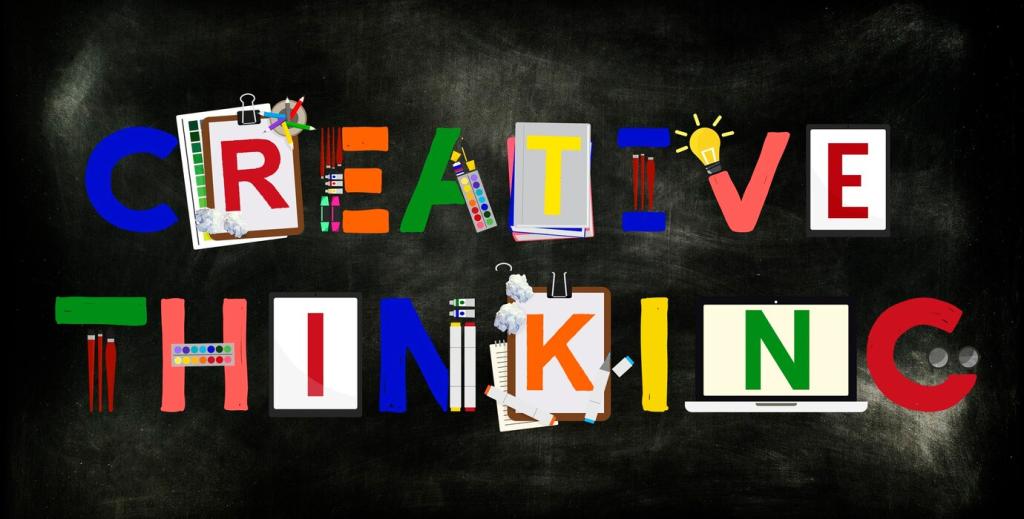Making Hybrid and Remote Teams Feel the Rush
Choose platforms with shared views, smooth audio, and easy note spaces. Visibility matters: a live inventory board prevents duplicate work and missed clues. Comment with your go-to tools, and we’ll compile reader favorites into a resource list for future team adventures.
Making Hybrid and Remote Teams Feel the Rush
A skilled host nudges quieter voices forward, rotates roles, and keeps energy high. Gentle prompts and time checks mirror great meeting habits. Have a facilitation tip that unlocked participation? Share it to help more remote teams feel equally heard and engaged.





